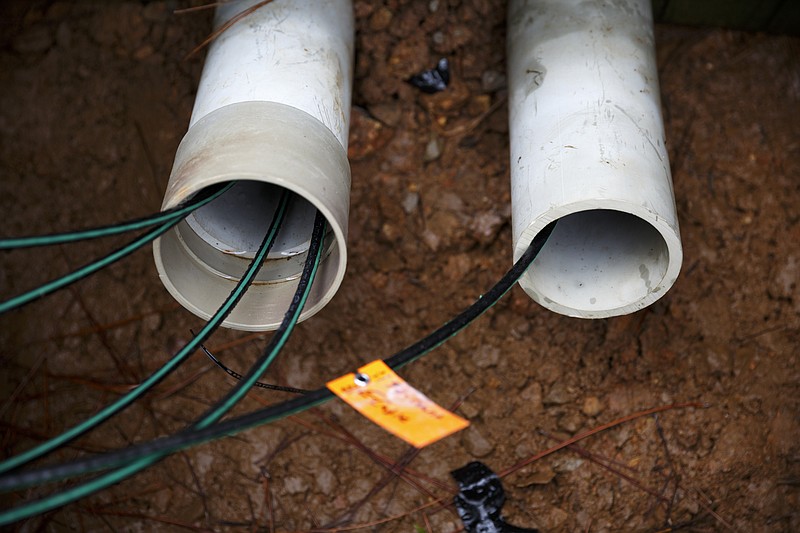A new study confirms what a bipartisan group of Tennesseans has been saying: that access to broadband Internet is vital both to rural communities and to the wider business community across the state.
The report prepared for the state Department of Economic and Community Development noted that 34 percent of rural counties lack high-speed broadband service and that only 66 percent of residents in rural areas have access to what the survey said was the bare minimum of broadband speed.
When members of the Hamilton County delegation in the General Assembly met with Times Free Press editors and reporters before the beginning of the 2016 legislative session, they said they doubted any meaningful legislation regarding broadband would be passed until the Department of Economic and Community Development report - and another one by the Tennessee Advisory Commission on Intergovernmental Relations - were completed.
They were right; none was. But the legislature should not go one more session without doing it.
Unfortunately, it's not as easy as passing a law granting high-speed service to every resident of the Volunteer State. That may work with White House executive orders in Washington, D.C., and a government that can print money, but it doesn't in Tennessee where a balanced budget is the law.
State Sen. Mark Norris, R-Collierville, told Times Free Press reporter Dave Flessner he expects legislation to be introduced and passed in the next session. But the devil will be in the details of what the government's role will be.
The state can't force private companies to expand, and the companies don't want to expand if it's not economically sound for them to do so. Municipal broadband suppliers - think EPB - have territorial limits put in place in order to keep government-supported entities from having an unfair advantage.
That conundrum has been the bête noire for rural residents, who only want the same type of service urban residents enjoy in order to have, at a minimum, home entertainment and e-commerce.
Randy Boyd, commissioner of the Department of Economic and Community Development, said the key could be some type of agreement allowing electric cooperatives to offer broadband service. Electric co-ops serve 71 percent of the land mass in the state and might offer the fastest build-out for residents. But a part of the equation as basic as getting governments to work together in laying fiber is no easy task, he said. So the sausage-making could be a grind.
But with bipartisan backing, and a clear need shown in requested studies, broadband service should be in the process of getting to Tennessee rural residents this time next year.
